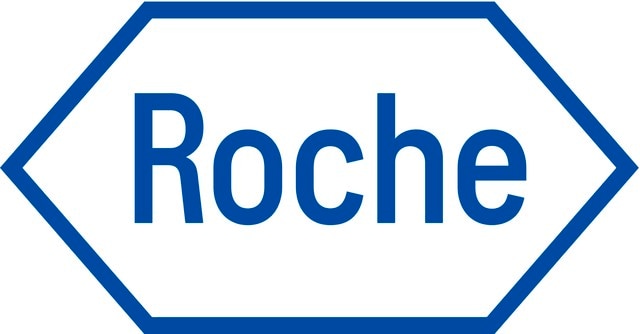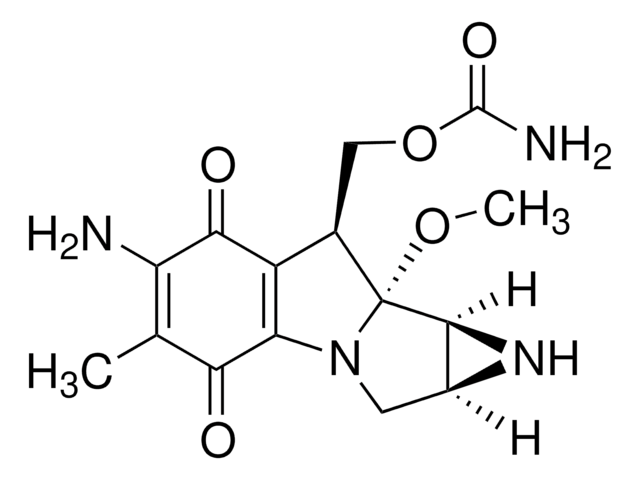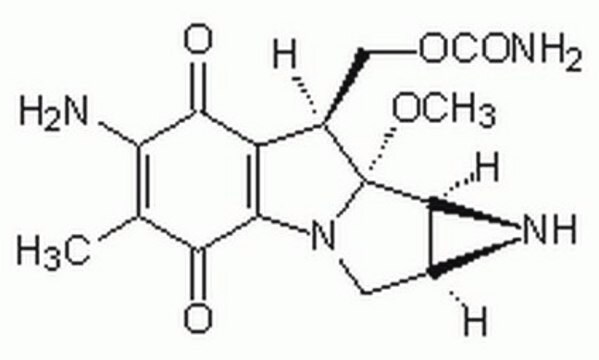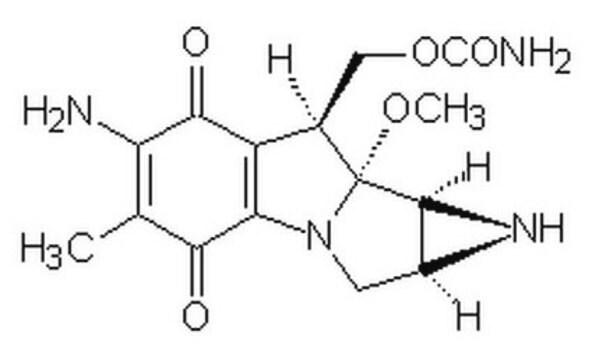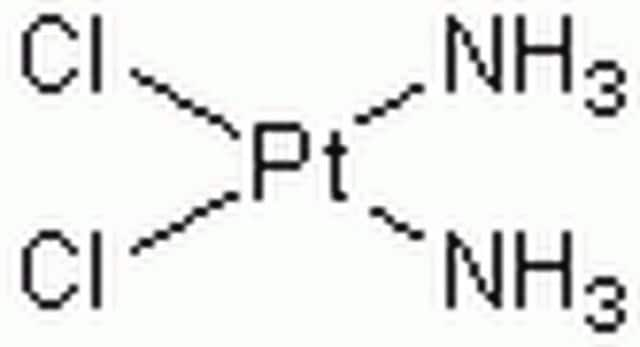M5353
Mitomycin C ready made solution
10 mg/mL in DMSO, ≥98% (HPLC), Cell culture tested
Recommended Products
Quality Level
Assay
≥98% (HPLC)
form
liquid
storage condition
protect from light
concentration
10 mg/mL in DMSO
storage temp.
−20°C
General description
MMC is capable of inhibiting cell proliferation of human or murine embryonic fibroblast cells at concentration range of 0.2-20μg/mL. These treated cells are subsequently used as an adherent feeder layer in long-term culture assays mainly for growth of pluripotent stem cells. Feeder layer cells support the target cells by releasing growth factors to the cell culture and detoxification of the medium. Moreover, feeder layer cells play a role in ECM proteins synthesis that controls cell culture growth. In addition, feeder layer cells are used as a substrate for attachment of the target cells.
MMC also was used for BLC (basal-like cancer) cell line.
MMC as antibiotic agent showed a potent activity against MDR gram-negative bacteria like P. aeruginosa (2 μg/mL), E.Coli (0.5μg/mL) and A. baumannii (16μg/mL). MMC also has a strong activity against gram positive bacteria (0.2μg/mL).
Technical information
1.Mitomycin C ready made solution provides a safer alternative to the powder form by preventing hazardous particles exposure.
2.Please avoid repeated freeze thaw cycles of this product.
3.Mitomycin C solutions are light sensitive and should kept in the dark.
4.It is recommended to keep Mitomycin C solutions at pH 6-7.
5.The recommended concentration of Mitomycin C in cell culture assays is 0.2-20μg/mL. (Ref.8,9,12,13) Therefore, it is recommended to dilute the ready made solution 1:500-50,000.
Caution
Physical form
Storage Class Code
10 - Combustible liquids
WGK
WGK 2
Flash Point(F)
188.6 °F - closed cup
Flash Point(C)
87 °C - closed cup
Certificates of Analysis (COA)
Search for Certificates of Analysis (COA) by entering the products Lot/Batch Number. Lot and Batch Numbers can be found on a product’s label following the words ‘Lot’ or ‘Batch’.
Already Own This Product?
Documents related to the products that you have purchased in the past have been gathered in the Document Library for your convenience.
Difficulty Finding Your Product Or Lot/Batch Number?
How to Find the Product Number
Product numbers are combined with Pack Sizes/Quantity when displayed on the website (example: T1503-25G). Please make sure you enter ONLY the product number in the Product Number field (example: T1503).
Example:
Additional examples:
705578-5MG-PW
PL860-CGA/SHF-1EA
MMYOMAG-74K-13
1000309185
enter as 1.000309185)
Having trouble? Feel free to contact Technical Service for assistance.
How to Find a Lot/Batch Number for COA
Lot and Batch Numbers can be found on a product's label following the words 'Lot' or 'Batch'.
Aldrich Products
For a lot number such as TO09019TO, enter it as 09019TO (without the first two letters 'TO').
For a lot number with a filling-code such as 05427ES-021, enter it as 05427ES (without the filling-code '-021').
For a lot number with a filling-code such as STBB0728K9, enter it as STBB0728 without the filling-code 'K9'.
Not Finding What You Are Looking For?
In some cases, a COA may not be available online. If your search was unable to find the COA you can request one.
Our team of scientists has experience in all areas of research including Life Science, Material Science, Chemical Synthesis, Chromatography, Analytical and many others.
Contact Technical Service